There are two ways of reading the Gospel: one way is through a lens of threat and the other is through a lens of freedom.
The first lens highlights Jesus’ sparse mentions of hell and eternal “punishment” and it interprets most of his statements as about “who’s in and who’s out”. In this view, the Gospel becomes about “getting to heaven” or about an “eternal reward”. It’s coloured by constant threat and fear. Don’t follow the rules and lose your ticket to heaven. It focuses on the future and assumes our home is elsewhere. We toil and suffer on this earth not to build anything here, but to build up a secure kingdom for myself in heaven. (And yes, God is there, too.) God seems to have little care about our time here on earth other than our obedience. We assume we have to pull the right levers of prayer and piety to appease God. The theologian Karl Rahner said, “Someone with a ‘clean slate’ may have a heart that lacks God and real love. Church-going is not in itself true Christianity.” The lens of threat sees a meritocracy, and the earth becomes something we need to escape, a place full of sin and run by the evil one. It’s a theology of ascension, a longing for a heaven that seems so far away.
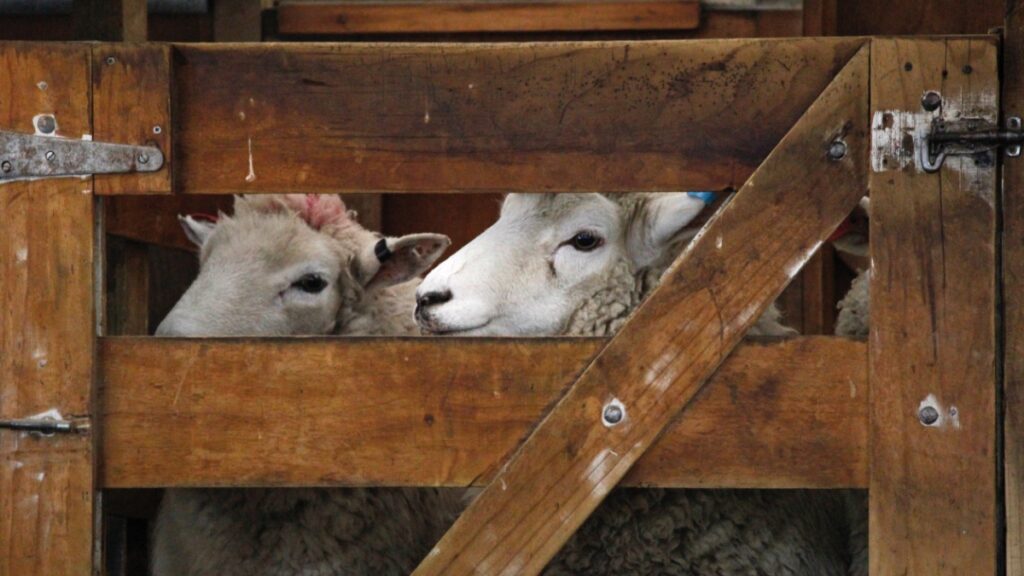
The sheep want to go through the narrow gate.
The other way to read the Gospel is through a lens of freedom. Jesus’ statements are not so much about a threat of punishment but an announcement of a new way of life. Spiritual freedom, which is the goal of St. Ignatius’ Spiritual Exercises, comes through shedding the masks of the false self and letting go of the things we cling to that keep us from God. Freedom is about transformation and becoming who God meant us to be. When you read Jesus’ statements through this lens, they become much more remarkable. Dying to self is not about self-rejection, but about new birth in freedom. The narrow gate is not about God trying to exclude and keep out, but a statement about how difficult it can be to let go of our false self and the ways we resist God. Bearing one’s cross is not about suffering for suffering’s sake, but the reality of living out the radically loving way of Jesus. It’s a theology of descension, of letting the kingdom-building happen here on earth rather than escaping it.
When we read the Gospel through a lens of freedom, we discover how remarkably free God is. God’s mercy and love are not bound by our human rules of justice. God is not counting our prayers and pieties and church attendance. There is no secret algorithm that determines whether I get to spend eternity with God or whether I’ll face eternal torture. We are already in the midst of eternity! It is now. This is why Jesus said that the kingdom of heaven is at hand. The kingdom is being built on earth not just to experience it in some other realm, but so we can experience it now. Read the corporal works of mercy in Matthew 25 to understand how important this earthly kingdom-building is.
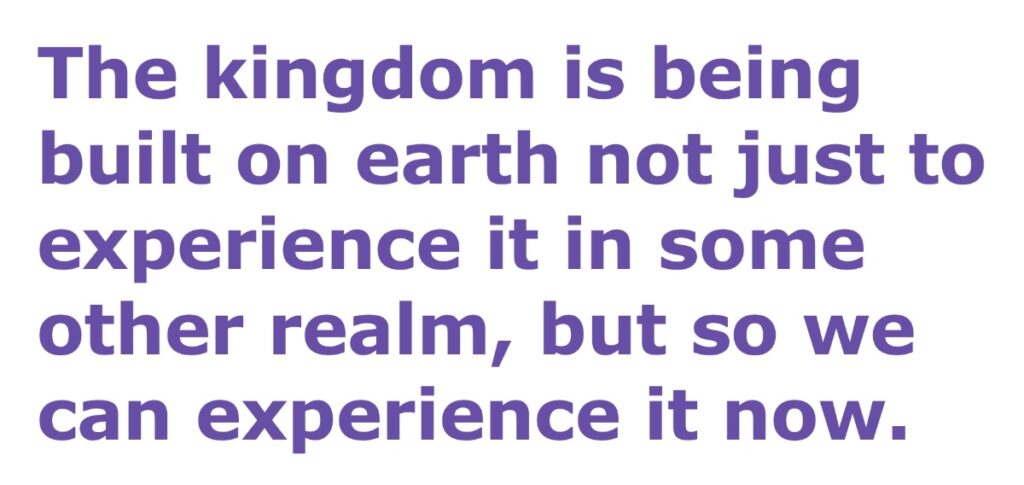 Putting God in a Box
Putting God in a Box
A great example of how we confine God’s freedom is in the recent story of a priest in Detroit who discovered he was baptised with the formula “We baptise you in the name of the Father, and of the Son, and of the Holy Spirit,” instead of with the pronoun “I” at the beginning – “I baptise you…” According to the Vatican, the priest was not validly baptised, and therefore not validly ordained. And therefore it rendered the sacraments he celebrated with others as invalid. The archdiocese told these people that they had to be reconfirmed, that their marriages could be invalid, and that anyone who confessed a grave sin to this priest should bring it up again at their next confession (imagine the possible trauma). It seemed God’s grace was withheld because of one word. How small do we think God is?
Drawn or Driven?
The lens of freedom reminds us of God’s freedom. Jesus presents a God who is wide and expansive, who shares table with Jews and Gentiles, Pharisees and Samaritans. Regarding freedom, Margaret Silf asks, “Are we being drawn or are we being driven?” The lens of threat presents God as a slave driver, manipulating us, threatening us into a very rigid prescription based on merit. The lens of freedom, on the other hand, presents God as a lover who invites and draws you in to be your true self. Whatever we do or practice in our spiritual life, are we being driven to do it out of fear, or are we drawn to choose it because of love’s gentle invitation?
The wide gate is easy, Jesus tells us. It is easy to judge, condemn, and hold resentment. But these have self-inflicting consequences. “Stop judging and you will not be judged. Stop condemning and you will not be condemned. Forgive and you will be forgiven. … For the measure with which you measure will in return be measured out to you.” (Luke 6:37) We craft our own “hells” right here on earth. The narrow gate pushes back on the default of the ego and invites our hearts to be as expansive as Jesus’, where a stance of love naturally dissolves judgement, condemnation, and resentment. Few find the grace in this path, which is probably why so many read the Gospel through the lens of threat, and so their God is a threatening God.
Read The Message translation of the narrow gate passage:
Don’t look for shortcuts to God. The market is flooded with surefire, easygoing formulas for a successful life that can be practiced in your spare time. Don’t fall for that stuff, even though crowds of people do. The way to life—to God!—is vigorous and requires total attention.
In verse 21 Jesus says, “Knowing the correct password—saying ‘Master, Master,’ for instance—isn’t going to get you anywhere with me.” Our tradition in the past millennium or so has often been about having the right password, and you have a limited number of attempts before you’re locked out. This is not how Jesus presents God. “In my Father’s house there are many dwelling places,” Jesus says. God’s love is immeasurable; God’s hospitality, boundless.
Be attentive to the lens through which you read the Gospel. One lens is about suppressing the self in order to gain an eternal ticket. The other lens is about freeing ourselves to be our true selves, full of life, so nothing stands in the way of a deeper, loving union with God. Choose freedom.
Related posts:
Listen to the podcast version of this post…

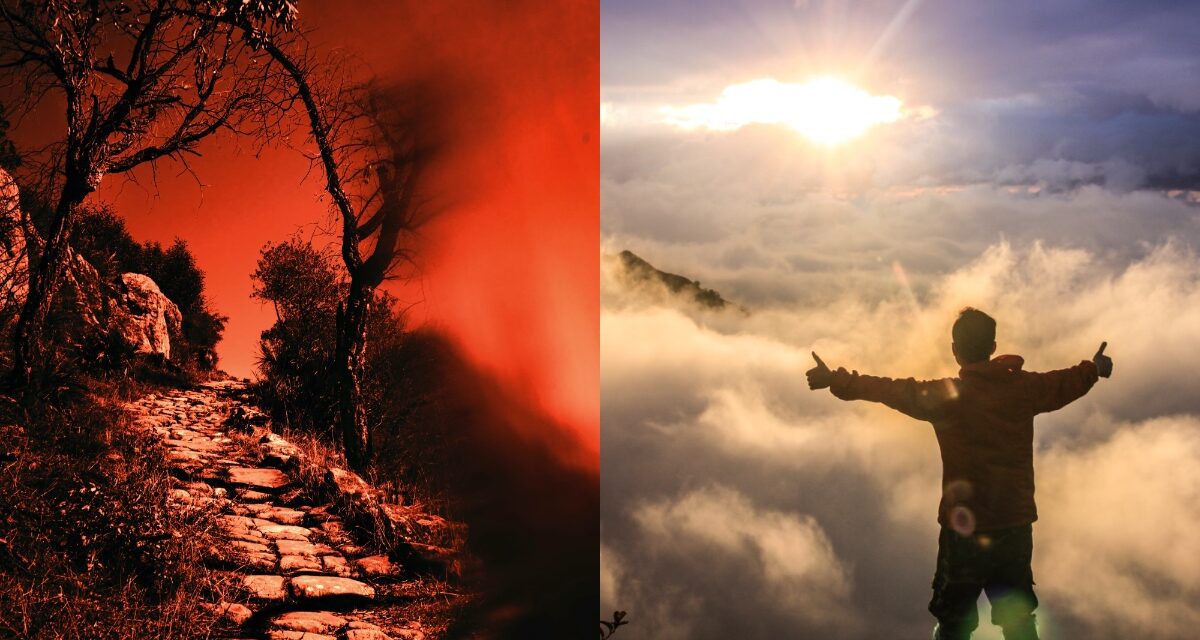
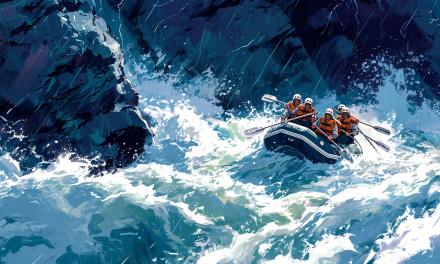
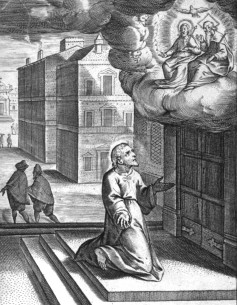
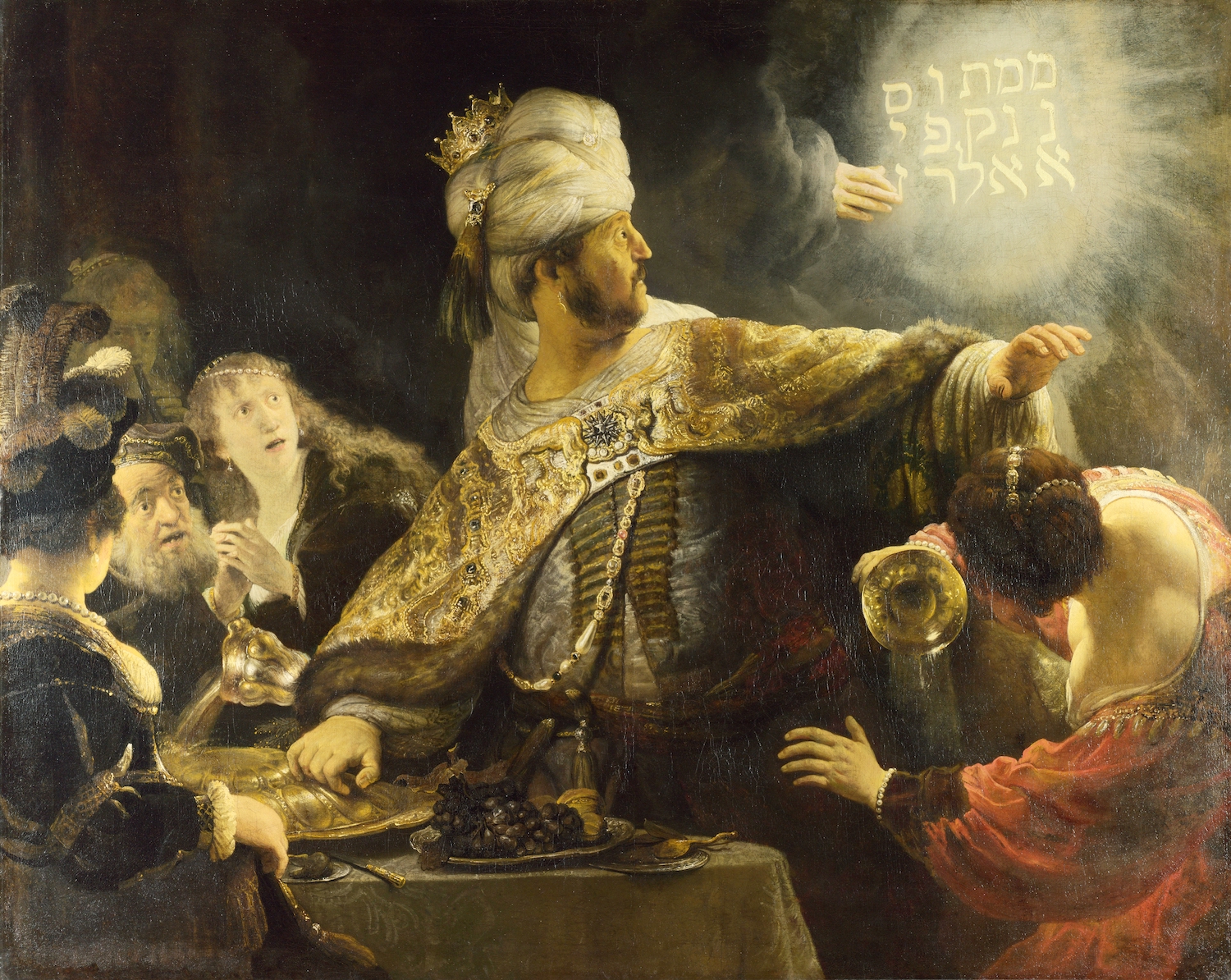
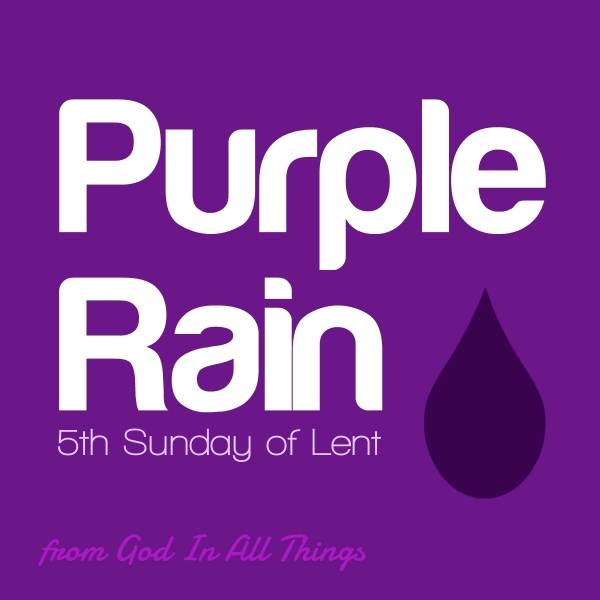



Just had a minute to read this. With spiritual serendipity, I had just listened to the Francis Effect podcast about the priest in Detroit…my response mirrored yours. As always, Andy, I enjoyed your entire reflection. Yesterday, I was contemplating the freedom to love fully and, on the flip side, loving ever more fully in order to grow in freedom…what a way to live!
Andy I love your voice of sanity. Organized religion sometimes makes it very difficult to remember how much God loves us. Between all the do’s and don’ts we lose Jesus’ message of love and communion with one another.
I’d love to believe this, but so long as death in hell can be interpreted as eternal consciousness in torment in my mind,
that God would afflict me with something infinitely worse than non-existence,
then I cannot love God. I can only fear and hate him, his bible, and his messangers.